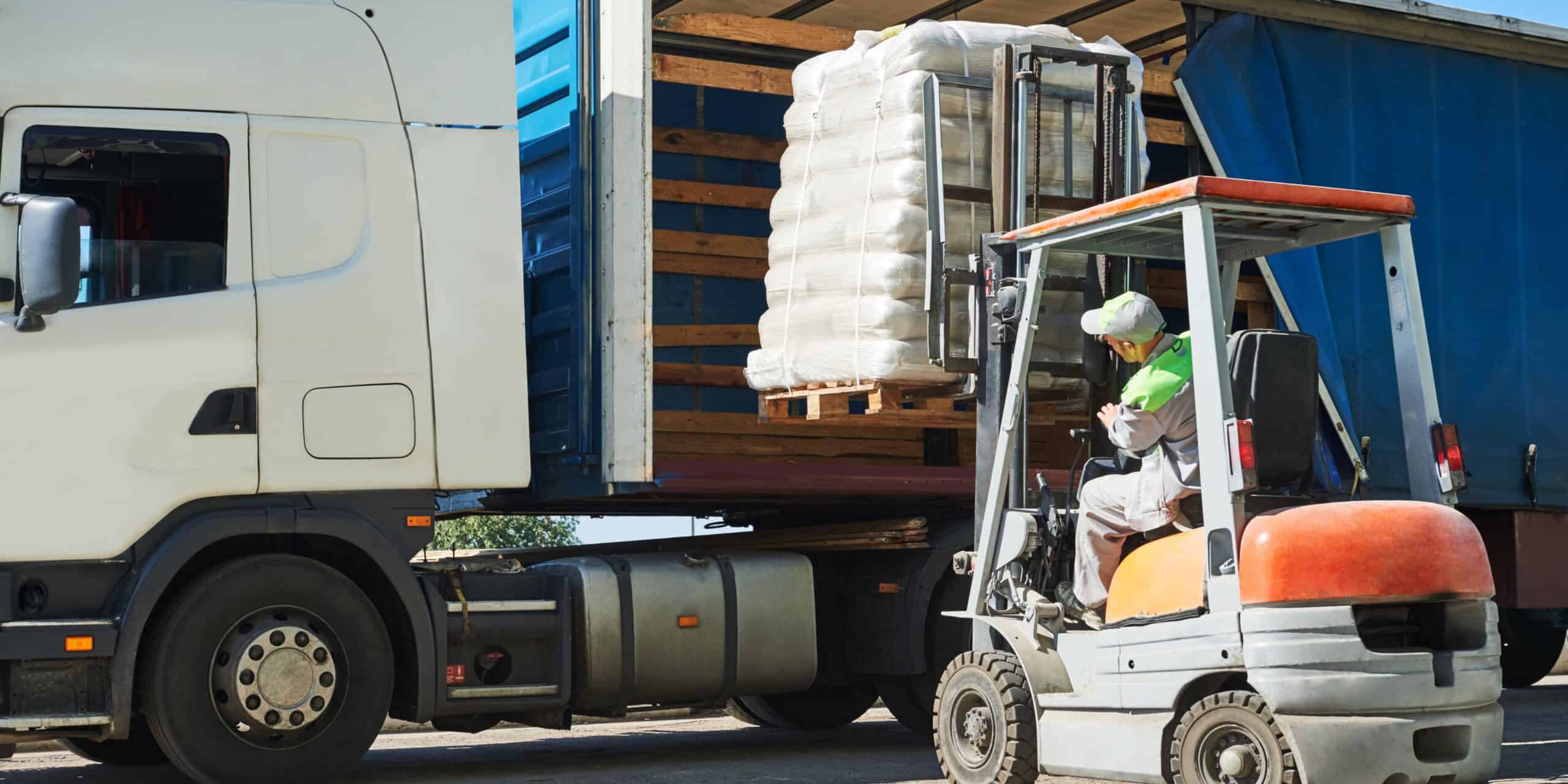Do you know where your shipments are right now? With load tracking, you can get up-to-the-minute updates on your freight loads. Several types of technology, including GPS software, pinpoint the exact location of your shipment at all times.
You can prevent problems before they happen through load tracking and improve your on-time delivery rate. Learn more about the different types of load tracking and how tracking your cargo loads can help improve your business.
What is load tracking?
Load tracking is a type of freight tracking that allows you to see exactly where your cargo loads are while in transit. You can learn valuable information about your load’s status using real-time GPS tracking technology, such as shipping ETAs, traffic updates and route details. By staying informed with up-to-date data about your loads, you can better react to shipping challenges by rerouting loads or adjusting delivery windows.
4 types of load tracking
Technology offers several ways to track loads. Learn more about the common types of freight tracking and find the one that best suits your company’s needs.
Freight GPS tracking apps
A simple way companies can track loads is by tracking drivers. In this method, the driver downloads a freight GPS tracking app to their smartphone or tablet that tracks their location and the shipment’s location. The GPS data is then visible on a management-side app.
While these apps have features intended only to track freight location and not the driver while they’re off duty, some drivers object to these apps based on a concern for privacy.
Installed GPS systems
Much like GPS tracking apps, installed GPS systems work by tracking the truck carrying the load rather than the load itself. These systems are installed inside the truck directly or can be a part of an electronic logging device (ELD) or dashcam with GPS tracking.
GPS data from a system installed in the truck is relayed via satellite link or BlueTooth through the driver’s cell phone. An installed GPS tracking system passively collects and reports data with little effort on the driver’s part.
Individual load tracking devices
If you need the most secure and accurate GPS tracking on your load, individual load tracking devices are the best option. These little trackers are placed inside the pallets or packaging to track precisely where the load travels.
Individual load-tracking devices work similarly to other GPS trackers, but since they’re attached to the load itself, they can track lost or stolen cargo. The added security of these devices is ideal for high-value and time-sensitive deliveries.
Driver/system reporting
Driver and system reporting is a unique freight tracking solution that doesn’t rely on GPS tracking. Each time a load is transferred from one step of the shipping process to another or a new location, it’s logged into the system based on routing slips.
With system reporting, there’s no on-road monitoring. Instead, drivers and other workers record when the load is received and delivered. This method is what most last-mile consumer delivery services such as FedEx and Amazon use to update their customers on their packages.
How does load tracking prevent problems?
Load tracking is an invaluable tool for preventing issues in the shipping process. Armed with accurate location information, managers can fix problems before they happen and ensure load optimization for their shipments.
For example, say you’re notified that a load for an important client is behind schedule. Rather than the shipment arriving late with no warning, you can inform the client of the delay with an updated ETA. Even better, you may choose to reroute the load to bypass traffic problems so it can still arrive on time.
Knowing where every load is at a given time can also streamline operations. As soon as a truck has delivered a load, you can have a new one ready just in time for them to pick it up. Dispatching is also made easier since the number of check-in calls is significantly reduced. These improvements in operational efficiency can save your business valuable time and money.
Benefits of load tracking software
Load tracking software includes any GPS-enabled technology that allows you to track loads in transit. With these software solutions, your freight company can:
- Improve efficiency
- Maximize capacity
- Boost customer satisfaction
- Save money with a higher ROI
- Reduce cargo loss
- Prevent detention fees
- Eliminate check calls
- Increase on-time deliveries
What to look for in load tracking software
Several essential features are worth looking for when choosing a load tracking software solution for your company. If you use a TMS or ELD, your load-tracking software should integrate seamlessly with these other trucking industry technologies. It should also be easy to use, both for desktop and mobile, with intelligent alerting.
Load-tracking software must provide precise location data. Since pinpointing the location is the key function of this technology, the system is only as accurate as its GPS. Additionally, you want to ensure that the software has high levels of data security and integrity so that the data is as beneficial as possible for your company but inaccessible to outside sources.
Ensure on-time delivery with load tracking
Load and freight tracking can help your business whether you choose to equip your drivers, trucks or cargo with load-tracking GPS technology or take a more traditional system reporting approach. Knowing where your loads are in transit allows you to respond more quickly to problems and delays so that you can keep your loads on track and customers happy. Find the load-tracking solution your company needs to improve your on-time delivery rate today.
FAQ
Load tracking systems can vary widely in cost for trucking companies, but average $25 to $45 per vehicle per month.
A common way to track loads is using its bill of lading (BOL) numbers.
The best GPS apps for truckers include TruckerPath, CoPilot GPS and TruckMap.
Sign up for a FreightWaves e-newsletter to stay informed of all news and trends impacting supply chain careers and operations.




